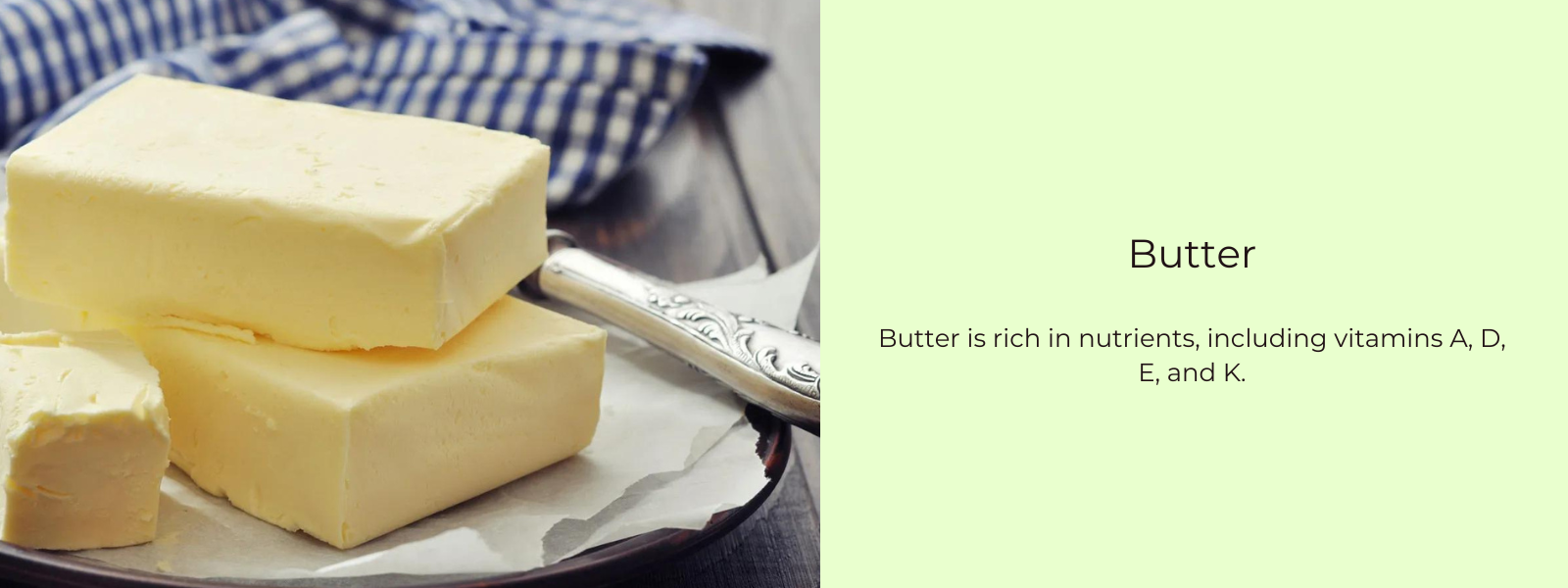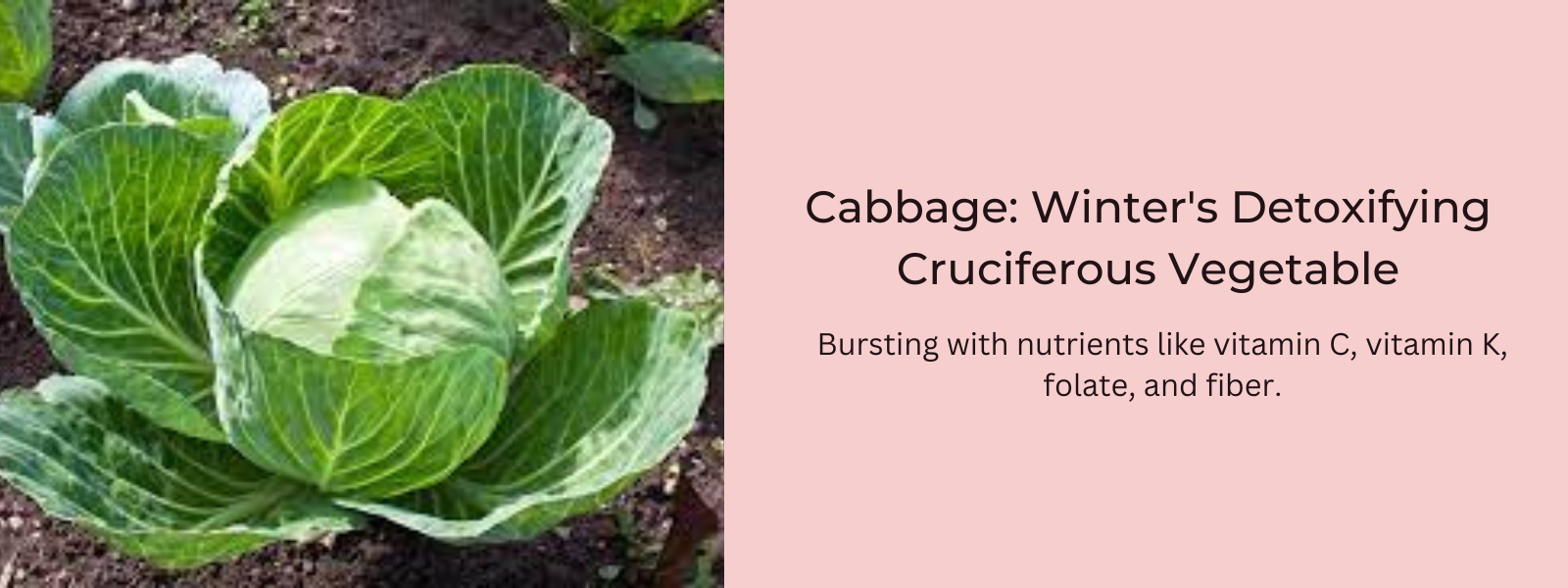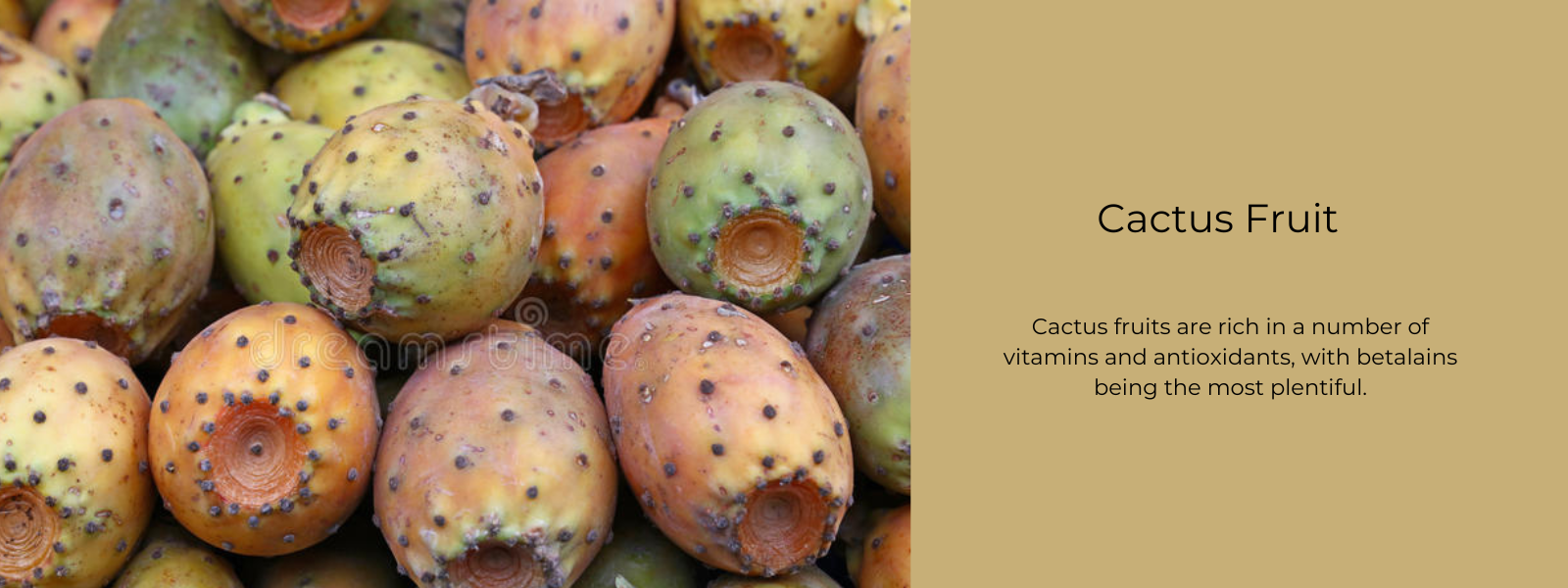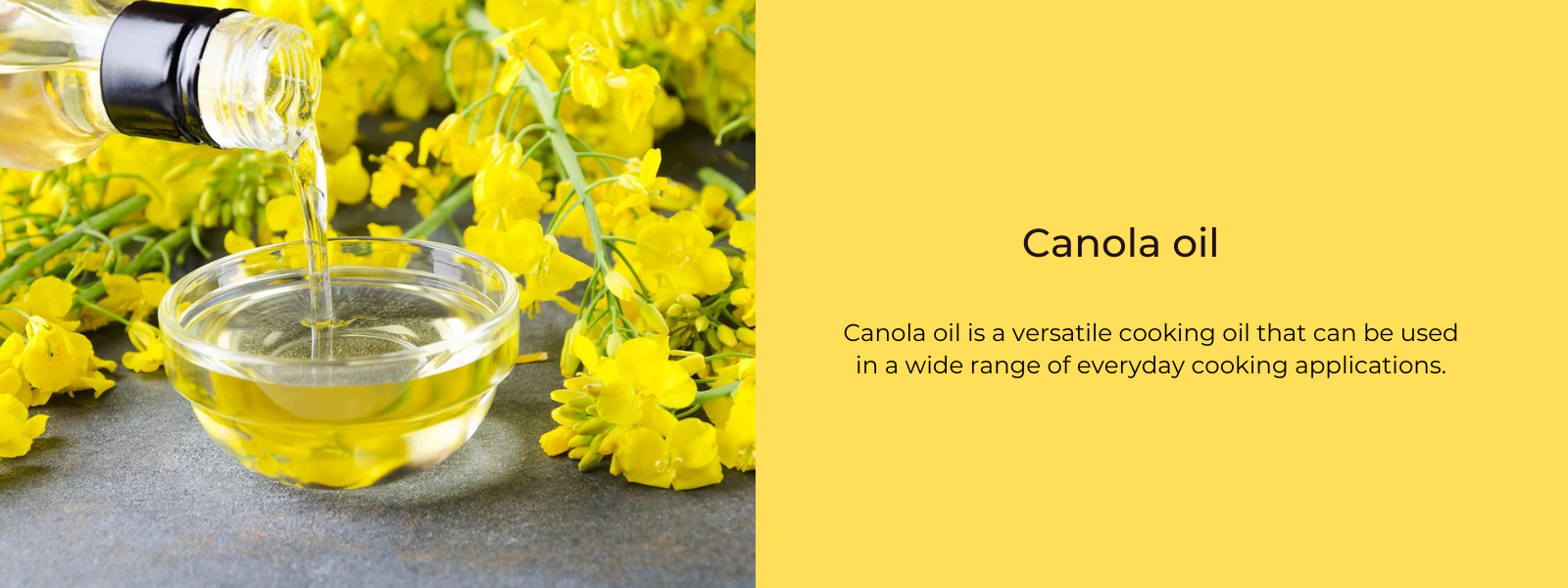Guava is a powerhouse of vitamin C, offering numerous health benefits thanks to its high concentration of this essential nutrient. Just one serving of guava provides a substantial amount of vitamin C, far exceeding the daily recommended intake. This vitamin supports the immune system by enhancing the production and function of white blood cells, making it easier for the body to fend off infections and illnesses. Additionally, vitamin C in guava acts as a potent antioxidant, protecting cells from oxidative damage and reducing the risk of chronic diseases such as heart disease, cancer, and diabetes. The vitamin also plays a critical role in collagen synthesis, which promotes healthy skin, reduces wrinkles, and aids in wound healing. With its impressive vitamin C content, guava helps improve overall well-being, supports immune health, and maintains youthful skin.
Guava is an exceptionally rich source of vitamin C, offering a wide range of health benefits. Just one cup of raw guava (about 250 grams) provides over 400 mg of vitamin C, which is more than four times the recommended daily intake for adults. This high concentration of vitamin C is due to guava’s dense nutrient profile and natural metabolic processes.
Table of Contents
What Makes Guava A Rich Source Of Vitamin C?
Tomatoes are a notable source of vitamin C due to several key factors:
- High Concentration of Vitamin C: Guava contains a remarkably high amount of vitamin C per serving. For instance, one cup of raw guava provides over 400 mg of vitamin C, which is significantly higher than most other fruits high levels of the vitamin.
- Efficient Vitamin C Synthesis: Guava’s natural metabolic processes efficiently convert available nutrients into vitamin C. This means that the fruit retains a large amount of this vitamin even after being harvested.
- Nutrient Density: Guava’s rich nutrient profile, including other antioxidants, vitamins, and minerals, supports and enhances the bioavailability of vitamin C. This makes guava not only a high source of vitamin C but also a well-rounded fruit for overall health.
- Freshness and Storage: Guava’s vitamin C content remains relatively stable compared to some other fruits, which can lose vitamin C quickly during storage. The fruit’s natural preservation mechanisms help maintain its vitamin C levels from harvest to consumption.
- Variety of Cultivars: Different varieties of guava may have varying levels of vitamin C, but generally, all guavas are good sources of this vitamin. Some varieties, such as the pink or red-fleshed guavas, are particularly high in vitamin C.
Health Benefits of Vitamin C in Guava
- Immune System Boost: The substantial amount of vitamin C in guava enhances immune function by stimulating the production and activity of white blood cells, which are essential for fighting infections and diseases. Regular consumption of guava can help improve the body's defense mechanisms and reduce the duration and severity of common colds and flu.
- Antioxidant Protection: Vitamin C is a potent antioxidant that neutralizes harmful free radicals in the body. By reducing oxidative stress, it helps protect cells from damage and lowers the risk of chronic diseases such as heart disease, cancer, and diabetes. Guava’s high vitamin C content significantly contributes to its role as a powerful antioxidant food.
- Skin Health: Vitamin C is crucial for the synthesis of collagen, a protein that maintains skin elasticity and firmness. Consuming guava can help reduce the appearance of wrinkles, improve skin texture, and promote faster wound healing. Additionally, its antioxidant properties protect the skin from UV damage and environmental pollutants.
- Cardiovascular Health: Guava’s vitamin C supports heart health by promoting healthy blood vessels, reducing blood pressure, and lowering LDL cholesterol and triglyceride levels. These benefits contribute to a reduced risk of cardiovascular diseases and stroke.
- Improved Iron Absorption: Vitamin C enhances the absorption of non-heme iron from plant-based sources, helping prevent iron-deficiency anemia and supporting overall energy levels. This is especially beneficial for individuals following vegetarian or vegan diets who rely on plant-based sources of iron.
- Digestive Health: Guava is also high in dietary fiber, which, combined with its vitamin C content, supports digestive health. Fiber aids in maintaining regular bowel movements, preventing constipation, and promoting overall gut health.
Ways to Use Guava
- Fresh Snack: Enjoy guava slices fresh for a nutritious and refreshing snack.
- Smoothies and Juices: Blend guava into smoothies or juices for a flavorful and vitamin-rich drink.
- Salads: Add guava chunks to salads for a burst of sweetness and added nutrition.
- Desserts: Incorporate guava into desserts such as fruit salads, sorbets, and tarts.
- Cooking: Use guava in savory dishes like salsas, chutneys, or marinades for a tropical twist.
Conclusion
Guava, with its remarkable vitamin C content, offers numerous health benefits, from boosting the immune system and providing antioxidant protection to supporting skin health and cardiovascular function. Its versatility in culinary applications makes it an enjoyable and nutritious addition to your diet. Regular consumption of guava can help you leverage its health-promoting properties and contribute to overall well-being.













Leave a comment